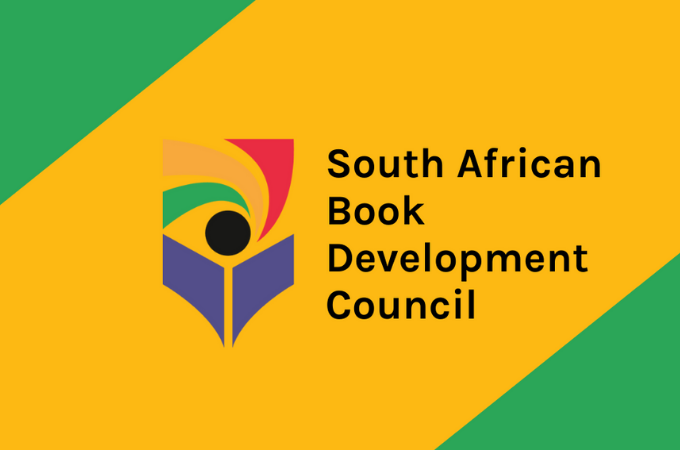
The South African Book Development Council (SABDC) has been shut down. For 19 years, the organization was “committed to increasing access to books in South Africa, and to showcasing, strengthening and diversifying the South African book industry and its many-linked supply chain.” In a press statement published on the organization’s website, the Board cites financial difficulty as the primary reason for folding up.
The SABDC was launched by Minister of Arts and Culture Z. Pallo Jordan in 2007 to represent the South African Book Sector. The council holds the South African Book Fair— part of National Book Week. It leads studies on the South African publishing industry and book culture, as well as protects the interest of authors and publishers. From the press statement, it appears that the organization suffered from frequent change in government leadership and the lack of full and formalized financial commitment from the government. It has had to solicit funding on a project-by-project basis. This led to financial instabilities and vulnerabilities to budget cuts and funding delays. An organization such as this should have public funds allocated for its operation as opposed to having to solicit for finances to cover operation costs and fund projects.
According to the press statement, SABDC was hard hit by pandemic conditions. The statement also claims that the South African Department of Sports, Arts, and Culture defaulted on promises to provide funds for the National Book Week and related events. This led to the organization not being able to pay for operational costs like rent and money owed to vendors. By the time the funds arrived, irreparable damage had been done.
Over 19 years, SABDC has supported writers, formed relationships with public schools, libraries, and publishers, provided strategic vision for the books sector, and fostered communities around books and reading. This is a huge loss to the South African literary culture, and to the African publishing industry broadly. Ghana is now effectively the only country on the continent with a state-funded book development council.









Mooke Thabo November 04, 2021 16:08
It is sad to suc organisation's closing down because of lack of support.